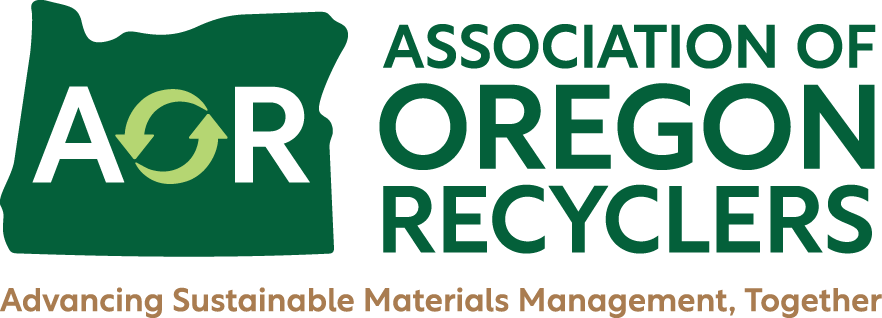Oregon DEQ Publishes 9 New Literature Summaries
The Oregon Department of Environmental Quality and Oregon Sustainability Board have just published nine new literature summaries addressing the environmental impacts of a variety of foods and food-related issues. The literature summaries are designed to help growers, producers, retailers, and large purchasers reduce the environmental impacts of foods. Focusing on environmental life cycle assessments, the literature summaries identify the relative contribution of different life cycle stages, the relative benefits of different practices, and limitations in existing research.
The literature reviews, authored by Dr. Martin Heller at the University of Michigan Center for Sustainable Systems, review and summarize life cycle assessments of land-based aquaculture, beer, citrus, coffee, pork, tomatoes, and wine, as well as two issues that cut across multiple types of foods: the relative importance (or lack thereof) of transportation in the larger life cycle of foods, and the impact of packaging on food waste, including potential trade-offs between increased packaging and reduced food waste.
These literature summaries stem from a previous research project that found that while some businesses have realized environmental or financial benefits from footprinting, many businesses face difficulty conducting or understanding product footprint studies.
To address this gap, the Oregon Sustainability Board convened a group of business and community leaders to consider how to advance sustainability through product environmental footprinting, also called life cycle assessment. One of the recommendations was to review, summarize and make available existing footprint research.
As food systems have been extensively studied using life cycle assessment, and Oregon is home to many producers as well as purchasers of food that are committed to environmental improvements, foods were chosen to pilot test this approach. The nine literature summaries focus on a subset of foods and food-related issues were identified in consultation with Oregon businesses.
“The Sustainability Board is pleased to have worked with the Oregon Department of Environmental Quality to review and summarize scientific studies of the environmental impacts of a variety of foods. We encourage businesses, professionals, media, and educational institutions to share these literature summaries with growers, brand owners, environmental professionals, and others with an interest in reducing the environmental impacts of food. The potential results from this approach include both environmental and economic benefits,” said John Miller, Chair of the Oregon Sustainability Board and owner of the Wildwood/Mahonia family of companies.
The literature summaries can be viewed at either of the following web sites:
Oregon Department of Environmental Quality – Materials Management


